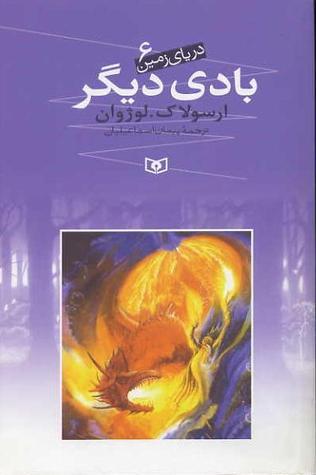What do you think?
Rate this book


584 pages, Paperback
First published September 13, 2001

“I think," Tehanu said in her soft, strange voice, "that when I die, I can breathe back the breath that made me live. I can give back to the world all that I didn't do. All that I might have been and couldn't be. All the choices I didn't make. All the things I lost and spent and wasted. I can give them back to the world. To the lives that haven't been lived yet. That will be my gift back to the world that gave me the life I did live, the love I loved, the breath I breathed.”